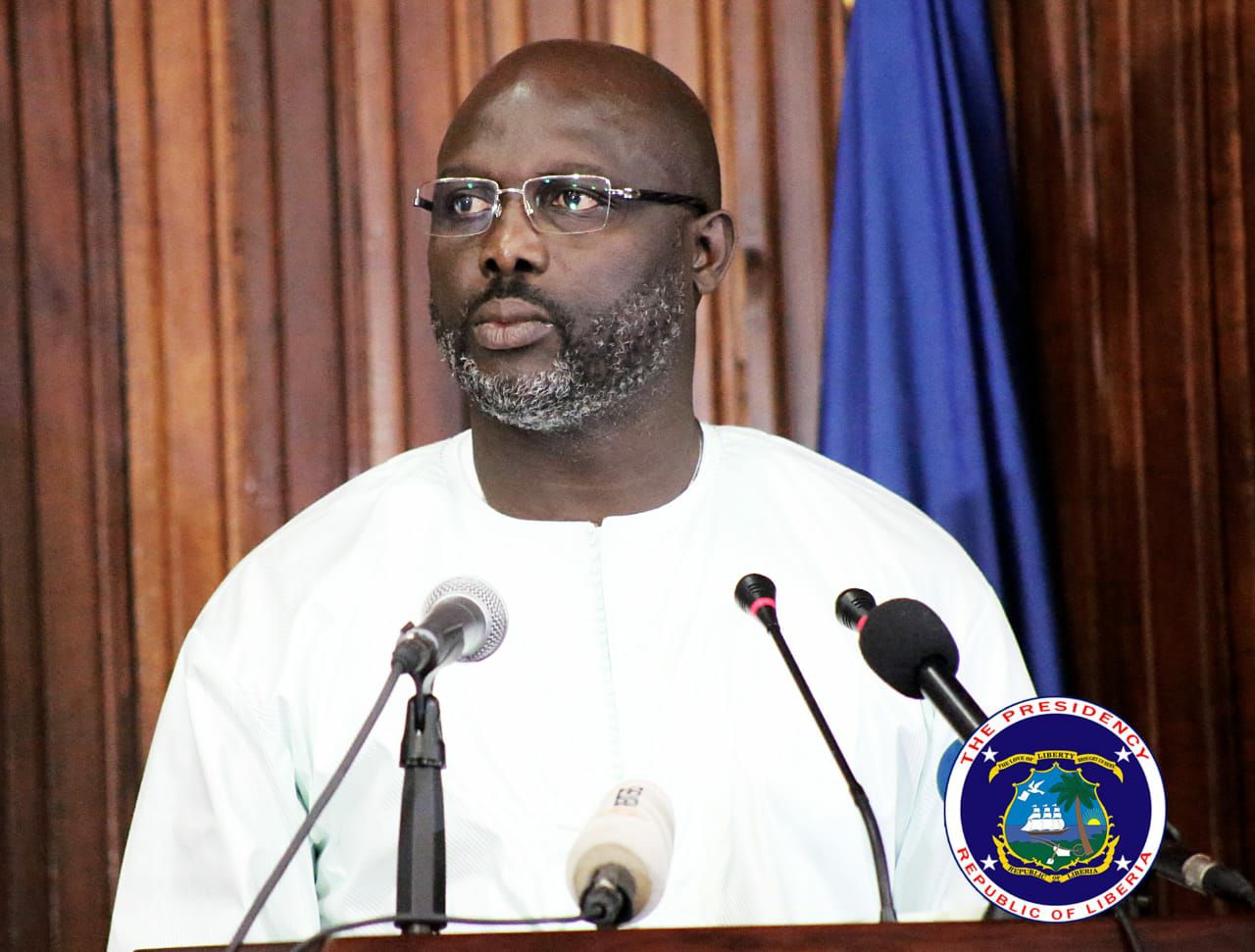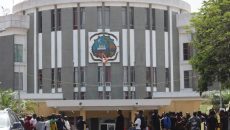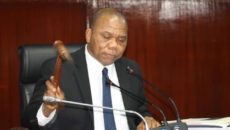MONROVIA, Montserrado – More than 40 human rights organizations in Liberia are calling on President George Weah to commit to establishing a war crimes court in Liberia during the upcoming United Nations General Assembly.
In a letter to the president dated September 10, the Civil Society Organization Human Rights Advocacy Platform of Liberia said the call is in line with Weah’s commitment during the previous assembly to engage stakeholders in determining pertinent issues needed to establish the special court.
Last September, Weah told the U.N. Assembly that his commitment was in the wake of “a rising chorus of voices from many quarters, calling for the establishment of an Economic and War Crimes Court.”
“These voices include not only thousands of war victims but also some of the alleged perpetrators who seem to wish to either clear their names or their conscience,” he said.
“Support for the establishment of the court has also been voiced by many international organizations, as well as some of our international partners.”
While his leadership was at a loss to understand why the demand for the court was now being made, almost a full decade after it was first called for, Weah said his administration had been paying keen attention to the voices of its people.
“What I have discerned from their cries is that it is important to bring closure to the wounds from the 14 years of Liberia’s brutal civil war and that we need to agree on a mechanism that would guarantee the sustenance of peace, stability, justice, and reconciliation, as well as enhance our prospects for economic recovery,” he said.
“Considering the importance of this matter, I have already begun consultations with our National Legislature – the representatives of our people – and we intend to have a broader engagement with the Liberian judicial system and with our strategic international partners and organizations in order to determine pertinent issues such as legal framework, timing, venue, and funding, among others.”
The president also expressed hope that at the end of the consultative process, a national consensus would evolve to determine the pathway to resolving this issue. He asked for the U.N.’s support for the ‘important national endeavor.’
Nearly one year since the commitment was made, the organizations said not enough concrete progress had been made.
“We recognize your administration’s efforts in allowing foreign investigators into Liberia to freely conduct investigations in order to prosecute abroad alleged Liberian war crimes suspects, but more is needed,” the letter read.
“We know COVID-19 has brought unique and unprecedented challenges to Liberia, which have delayed progress in many areas of the country. We believe some steps toward ensuring accountability in the country should be possible even in this environment, however, and this will help ensure the needs and rights of victims of brutal crimes committed in Liberia’s wars are met.”
The human rights groups believe that the president’s intervention would ensure accountability for past crimes. According to them, former warlords are working to block the creation of a war crimes court – noting specifically that the speaker of the legislature, Rep. Bhofal Chambers, has declined, without any basis, to introduce a resolution in support of the war crimes court.
“It is critical that the resolution, which has strong backing among legislators, be put before the legislature’s plenary,” they added.
They also claimed that human rights activists who have championed justice for past crimes and witnesses of alleged crimes are facing increasing threats.
In August, the CSO Human Rights Advocacy Platform and other human rights groups alarmed that threats were being made against the platform’s secretary and founder of the International Human Rights Investigators, Adama Dempster. According to the groups, threats were also directed at the Global Justice Research Project director, Hassan Bility, as well as to witnesses of alleged crimes by a defendant of a war crimes unit in the United Kingdom.
The groups view the U.N. General Assembly as an opportunity for Weah to reaffirm a commitment to justice for victims and to reinforce his commitment by assuring he will move ahead to request U.N. assistance in setting up a war crimes court in Liberia.
The establishment of a special court to try individuals accused of committing heinous crimes during Liberia’s 14 years of civil war was among recommendations made in the final report of the country’s Truth and Reconciliation Commission.
Featured photo by Executive Mansion



